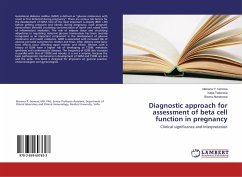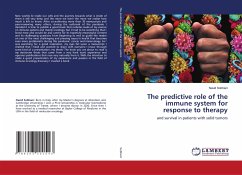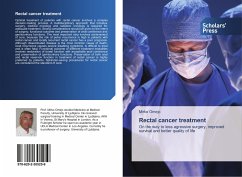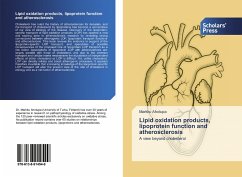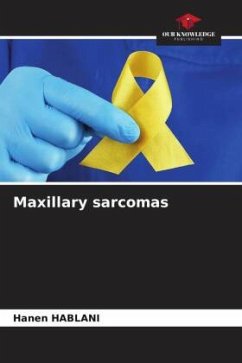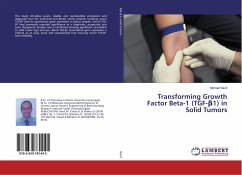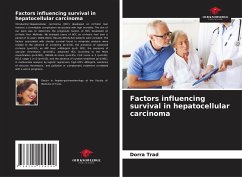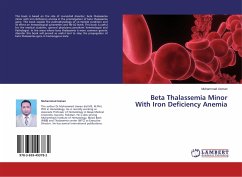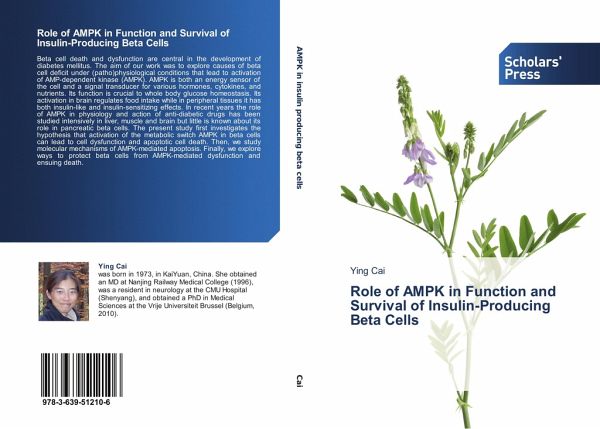
Role of AMPK in Function and Survival of Insulin-Producing Beta Cells
Versandkostenfrei!
Versandfertig in 6-10 Tagen
53,99 €
inkl. MwSt.

PAYBACK Punkte
27 °P sammeln!
Beta cell death and dysfunction are central in the development of diabetes mellitus. The aim of our work was to explore causes of beta cell deficit under (patho)physiological conditions that lead to activation of AMP-dependent kinase (AMPK). AMPK is both an energy sensor of the cell and a signal transducer for various hormones, cytokines, and nutrients. Its function is crucial to whole body glucose homeostasis. Its activation in brain regulates food intake while in peripheral tissues it has both insulin-like and insulin-sensitizing effects. In recent years the role of AMPK in physiology and ac...
Beta cell death and dysfunction are central in the development of diabetes mellitus. The aim of our work was to explore causes of beta cell deficit under (patho)physiological conditions that lead to activation of AMP-dependent kinase (AMPK). AMPK is both an energy sensor of the cell and a signal transducer for various hormones, cytokines, and nutrients. Its function is crucial to whole body glucose homeostasis. Its activation in brain regulates food intake while in peripheral tissues it has both insulin-like and insulin-sensitizing effects. In recent years the role of AMPK in physiology and action of anti-diabetic drugs has been studied intensively in liver, muscle and brain but little is known about its role in pancreatic beta cells. The present study first investigates the hypothesis that activation of the metabolic switch AMPK in beta cells can lead to cell dysfunction and apoptotic cell death. Then, we study molecular mechanisms of AMPK-mediated apoptosis. Finally, we exploreways to protect beta cells from AMPK-mediated dysfunction and ensuing death.




